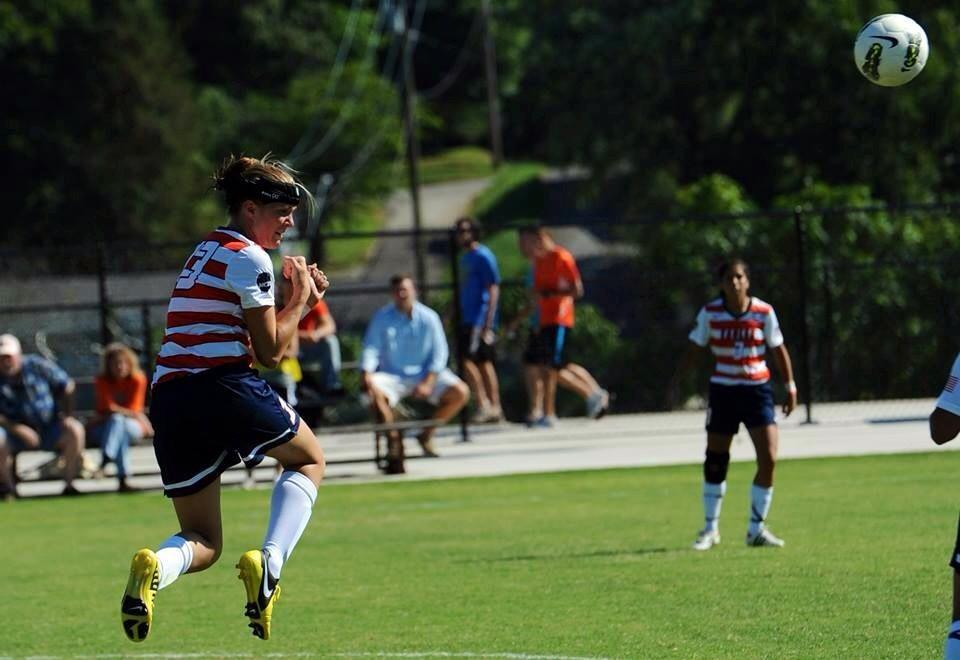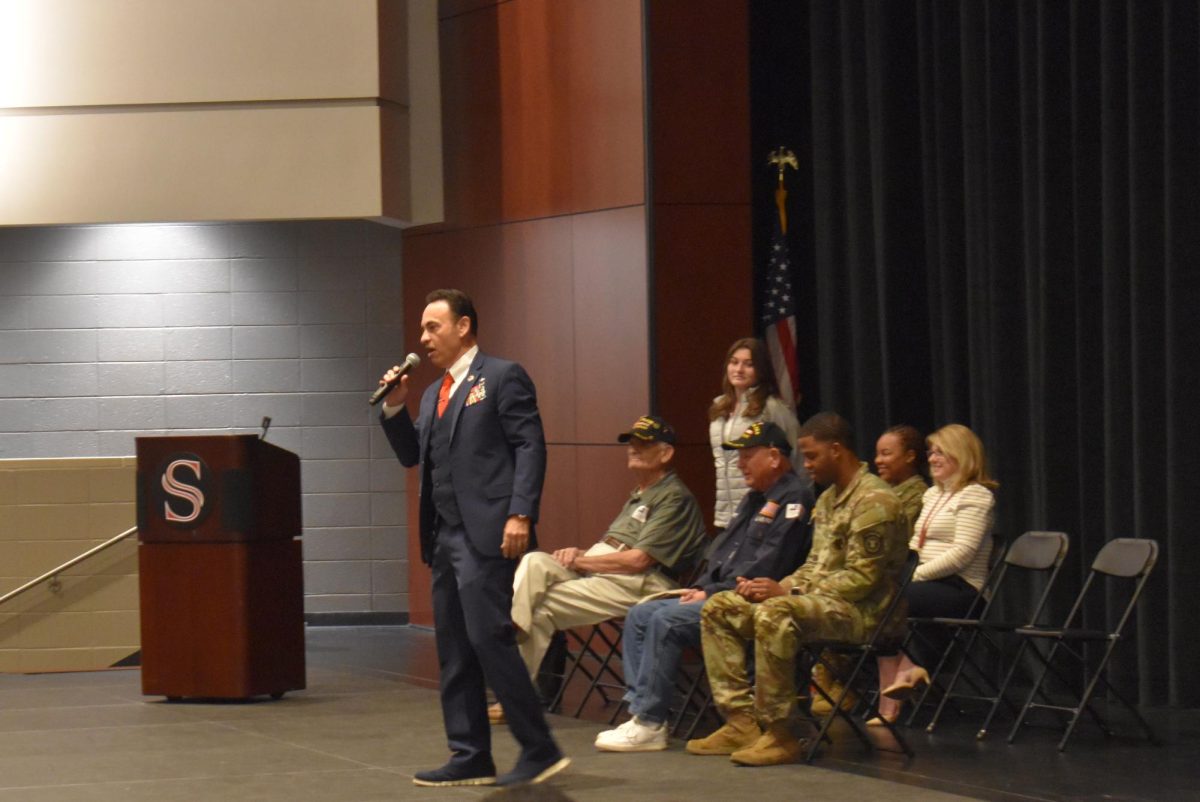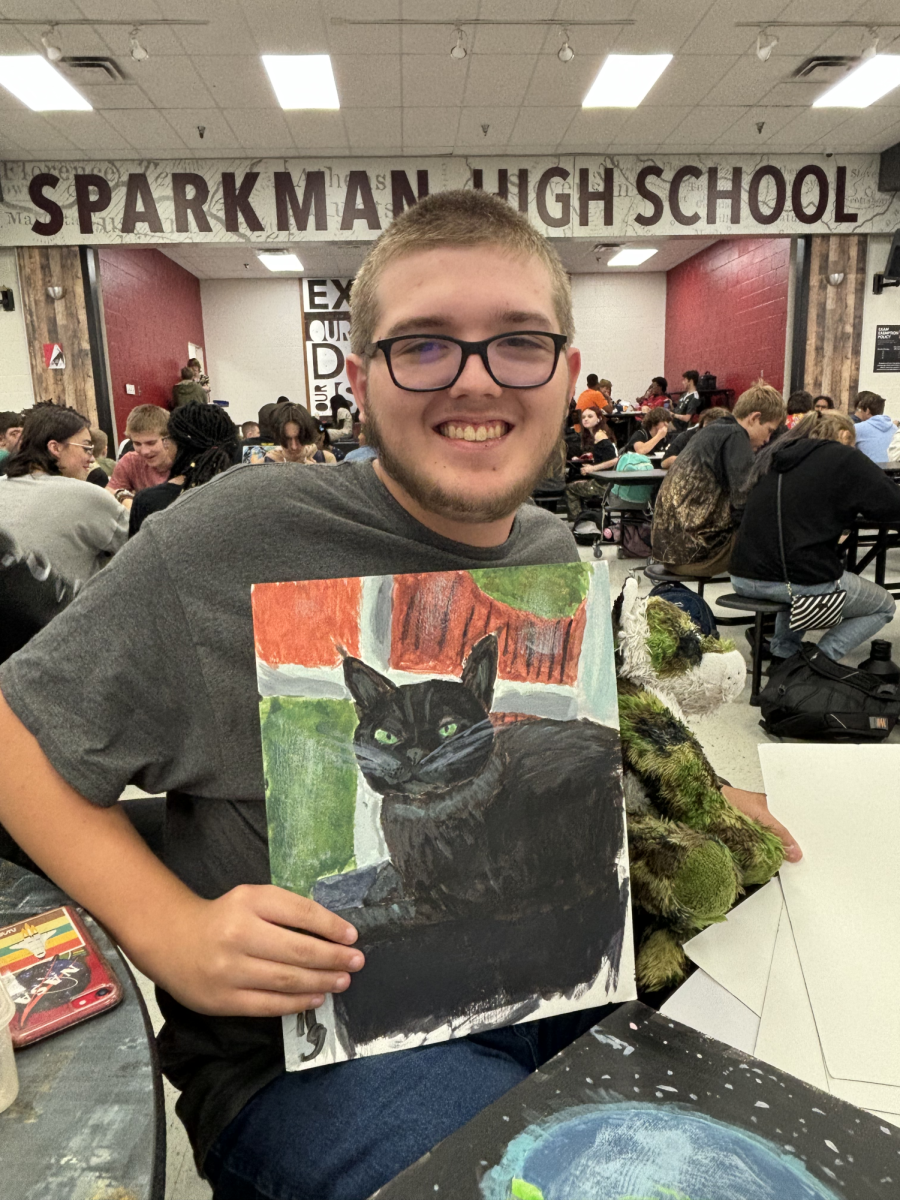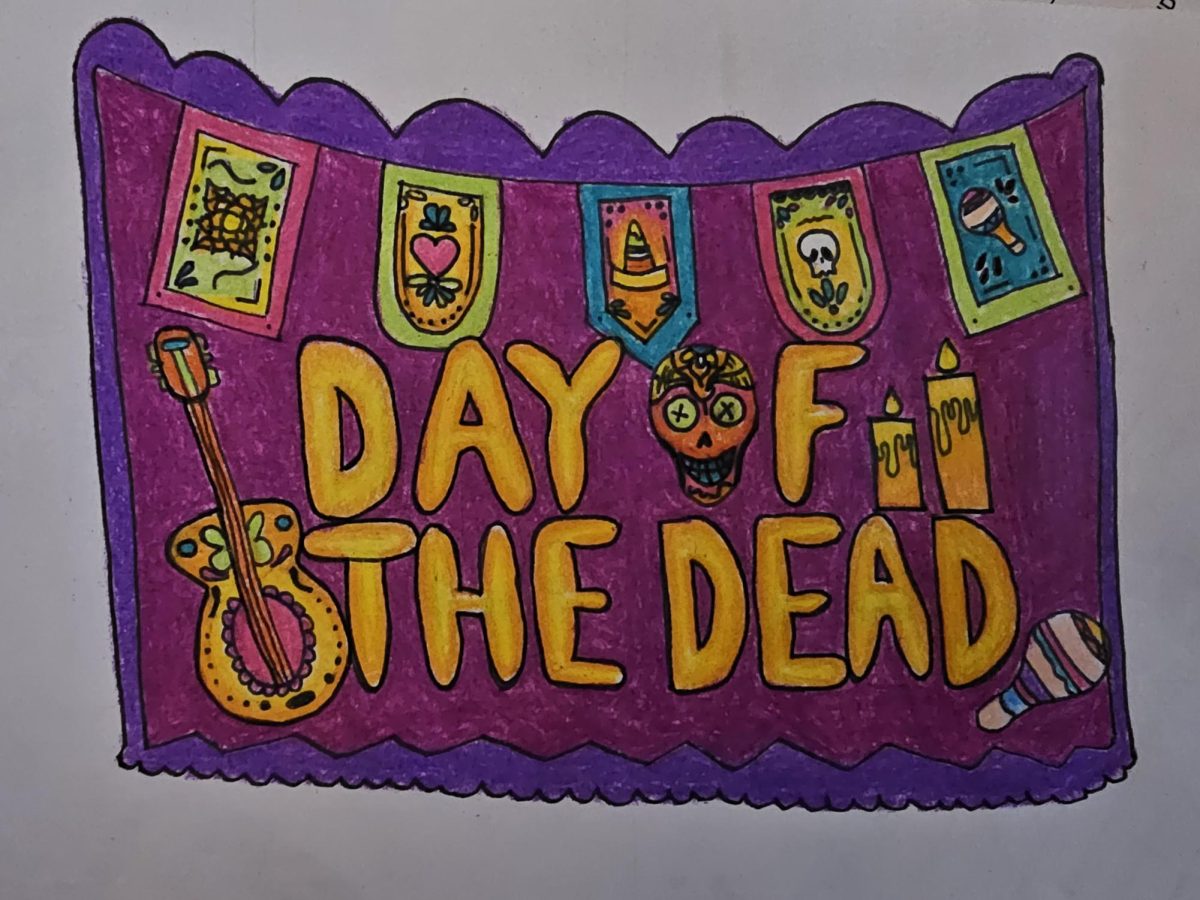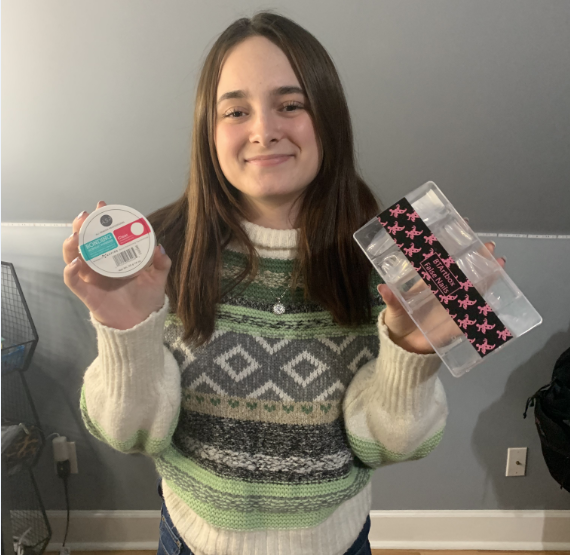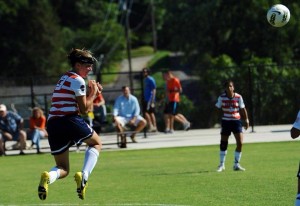
At the age of six, alumna Morgan Whitaker began a soccer career that would carry her to numerous varsity teams and a near full-ride scholarship to college. 13 years and four confirmed concussions later, Whitaker has been benched from the game, but her competitive spirit fights on.
“I suffered my first concussion my freshman year of high school soccer. I played up on varsity that game at Florence. A girl hit me from behind, knocking me to the ground, resulting in me hitting my head full speed. After that the girl fell on me and landed on my head in the process. I tried standing, only to fall back down,” Whitaker said.
After going to the hospital and being diagnosed with a concussion, Whitaker was instructed by coaches and trainers to wear headgear to protect her brain. The diagnosis did not immediately stop her from playing the sport she loves, however.
“After my series of concussions, around my third one, I started to develop a series of headaches throughout the week. A lot of people I asked for Advil would ask me, ‘You have another headache?’ [and] ‘You have another one?’ So after my fourth concussion I had a non-stop headache every day of the week. I was throwing up one to two times a week. [I was] not able to focus in class,” Whitaker said.
After realizing the severity of her condition, Whitaker traveled to Vanderbilt Hospital in Nashville to undergo X-rays and MRIs, tests which revealed swelling on the back, right side of her head. Whitaker used various types of therapies to assist with things such as balance and color coding. She was then prescribed medication by a neurologist, and today has far fewer headaches as a result, but her dreams have been sacrificed in her search for relief.
“One of the things I was diagnosed was PCS, which is Post Concussion Syndrome. [This] is a condition where the symptoms stay with the person instead of leaving in a week or so. When I asked my doctor about soccer, he looked at me and told me, ‘It’s not worth risking your life over something that you only have three more years of.’ One minute I could be running down the field, the next I could get hit and get knocked straight into a coma, or worse. I certainly don’t want that for me or my friends and family,” Whitaker said.
Whitaker realized that this news meant she would be unable to continue playing soccer, a hobby she did not realize meant so much until she was forced to give it up. Whitaker was forced to lean on friends and family as she made the lifestyle adjustment.
“As I talked to my coach about the situation he said I wasn’t quitting, I’m being forced to step down due to medical reasons, which gave me a lot of peace,” Whitaker said.
Being forced to step down affected more than just Whitaker’s soccer career, though, going so far as to affect her educational plans as well.
“I attended college at Carson Newman University, a small Baptist college in Jefferson City, Tenn. I accepted a soccer scholarship for $20,000 a year, adding $8,000 for academics. Tuition at CNU is $30,000 a year, which [means] basically I was almost on a full ride,” Whitaker said.
Because she could not play on the soccer team anymore, Whitaker left her friends at Carson Newman to transfer home to Calhoun Community College. Although she says that was a difficult transition, being near friends and family has made the experience easier. Her career plans have remained unchanged since the move.
“My future plans are still studying to be a medical missionary. God has a reason for every changed path and this is an example of one of them,” Whitaker said.


